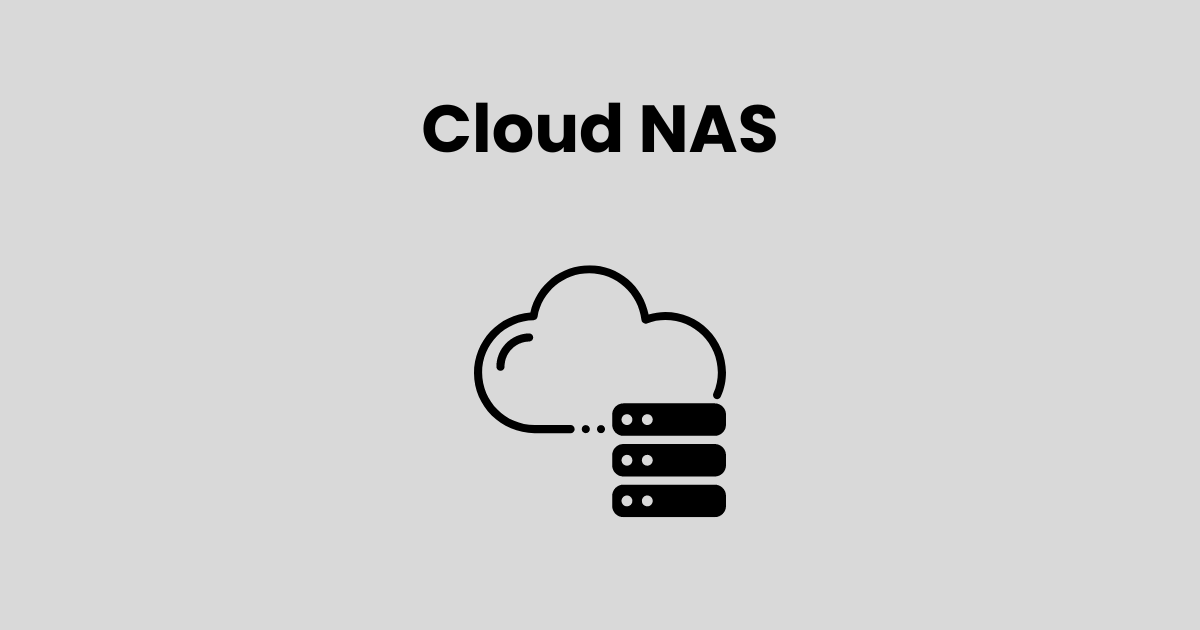What is NAS (Network Attached Storage)?
In today’s digital age, the need for storing and accessing large amounts of data has never been more crucial. This is where Network Attached Storage (NAS) comes into play. NAS is a type of storage device that is connected to a network and provides file storage and sharing capabilities to multiple users and devices.
Unlike traditional storage solutions like external hard drives or USB flash drives, NAS allows for centralized storage that can be accessed by multiple users simultaneously. This makes it an ideal solution for businesses, homes, and small offices that require convenient and secure access to their data.
NAS devices come in a variety of sizes and configurations, allowing users to customize their storage solutions to meet their specific needs. Whether you need a simple storage solution for your files or a robust system for a large business network, NAS can provide the flexibility and scalability required.
In this article, we will explore the various benefits of NAS, how it works, and why it has become an essential tool for efficient data storage and sharing in today’s interconnected world.
Why Are NAS Devices Important?
Network-attached storage (NAS) devices are important for a variety of reasons. One key factor is their ability to provide storage capacity to multiple devices on a local area network (LAN). A NAS system acts as a dedicated file server that serves files and data to connected devices, allowing for easy access and sharing. Additionally, NAS devices can be used to store and manage data in a company’s data center network or an organization’s internal network. They provide a cost-effective and efficient way to add additional storage space to a network without the need for expensive storage drives or equipment. NAS storage also offers the flexibility to access the stored data from anywhere, whether it be on a mobile device, personal cloud, or through the internet using a cloud storage service.
Another important aspect of NAS devices is their ability to function as both a local and network storage solution. This means that multiple NAS units can be interconnected to provide shared storage capabilities to a larger network. By using NAS appliances, organizations can create their storage area network (SAN) for increased performance and scalability. This flexibility allows for easy expansion of storage options without the need for expensive upgrades or replacements. NAS devices are also compatible with both public cloud and private cloud storage services, providing additional flexibility and backup options for critical data. Overall, the use of NAS devices can greatly improve the efficiency and reliability of an organization’s data storage and management.
Which is better: On-site NAS or Cloud NAS
On-site NAS refers to a network-attached storage device that is physically located at the same site as the users who need to access it. This means that the storage device is typically housed within the organization’s premises, providing users with direct and high-speed access to their data. On the other hand, Cloud NAS involves storing data on a remote server that is accessed over the internet. This allows users to access their data from anywhere with an internet connection.
One of the key considerations when deciding between On-site NAS and Cloud NAS is data security. With on-site NAS, organizations have full control over their data and can implement their security measures to protect sensitive information. However, cloud NAS providers often have robust security measures in place to safeguard data stored on their servers.
Another factor to consider is scalability. On-site NAS may require organizations to invest in additional storage hardware as their data needs grow, whereas Cloud NAS providers typically offer scalable storage options that can easily accommodate increasing data requirements.
In conclusion, the choice between On-site NAS and Cloud NAS depends on the specific needs and preferences of the organization. Both options have their own set of advantages and disadvantages, so it is important to carefully evaluate your requirements before making a decision.
Advantages of NAS
Flexibility: NAS systems offer a high level of flexibility when it comes to storage options. Users can easily expand their storage capacity by adding additional drives or upgrading existing ones.
Cost-effective: NAS systems are often more cost-effective than traditional storage solutions. They require less hardware and can be easily scaled to meet changing storage needs without a significant increase in cost.
Easy to use: NAS systems are designed to be user-friendly, making them easy to set up and manage. Users can access their files from any device connected to the network, making it a convenient option for both personal and business use.
Data protection: NAS systems offer built-in data protection features such as RAID configurations, ensuring that data is safely stored and easily recoverable in case of hardware failure. This added layer of protection can give users peace of mind knowing that their data is secure.
Where Can You Buy NAS?
You can get cloud-enabled NAS solutions from Amazon or your local retailers.





